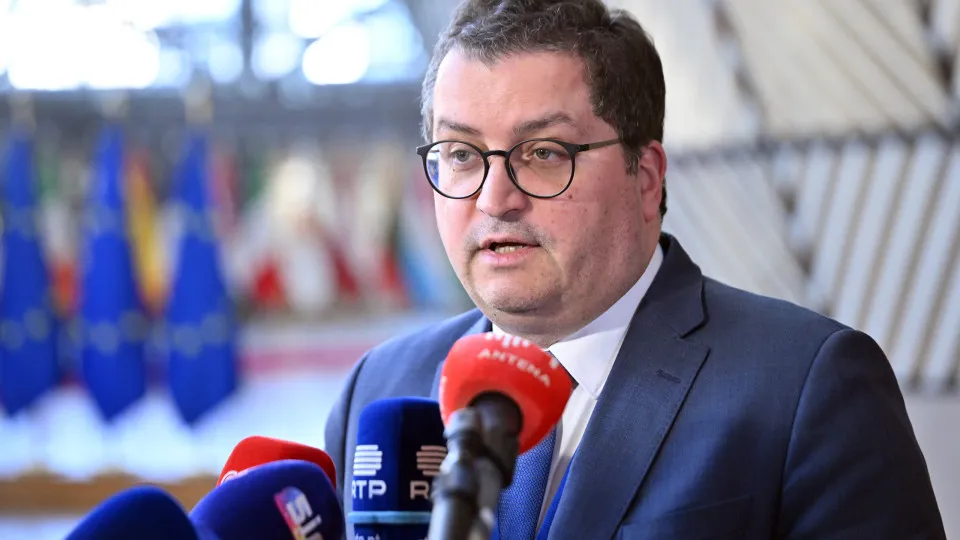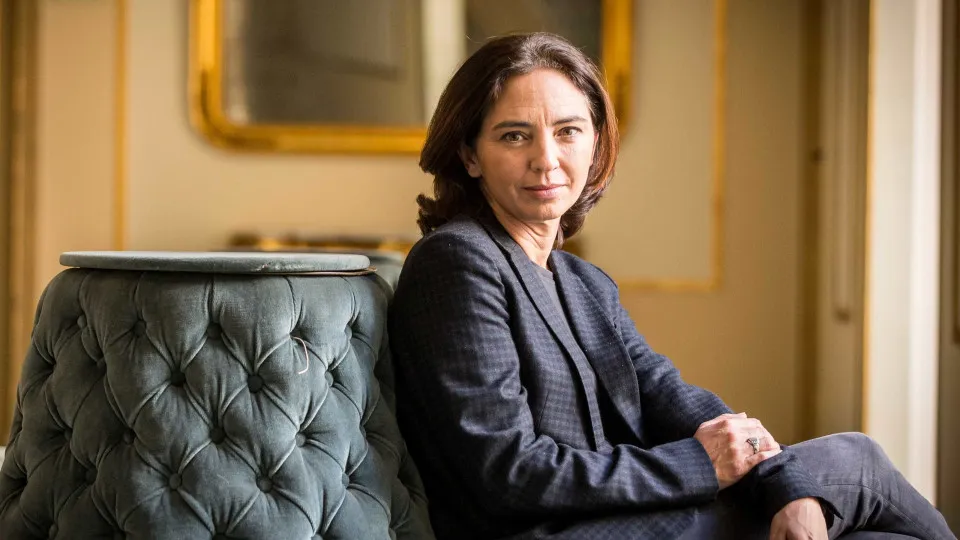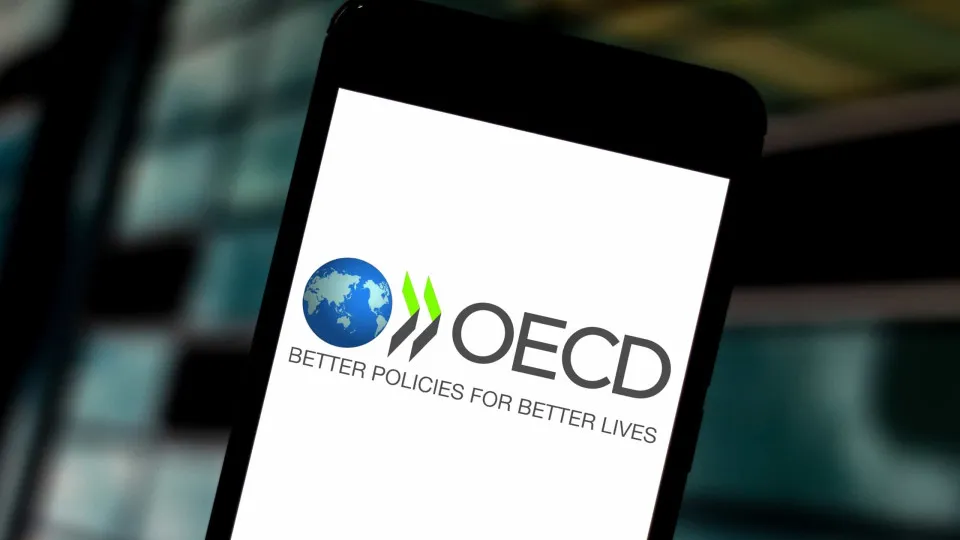
The Finance Minister today emphasized the crucial role accountants play in the economy, describing them as “the first line of supervision” in preventing failures in both financial and non-financial systems.
“Accountants are the frontline of supervision. They are the professionals ensuring companies comply with legal frameworks, correctly report revenues and expenditures, and meet tax obligations timely and in the right amounts,” stated Joaquim Miranda Sarmento at the opening of the conference “Ethics and Independence in Auditing: Pillars of Resilience and Competitiveness in Times of Uncertainty,” organized in Lisbon by the International Ethics Standards Board for Accountants (IESBA), an international body that sets ethics standards in accountancy.
Miranda Sarmento remarked that “history, both internationally and in Portugal, serves as a sovereign lesson on the costs of ethical failures” and noted that when problems arise, as was the case with the collapse of Lehman Brothers in September 2008, the consequences “extend beyond being individual, affecting entire economies and societies.”
“Trust is indeed the most valuable asset we have, and once lost, it can be regained,” he noted, emphasizing that “ethical conduct in accounting and risk management is essential” for recovery.
Regarding accountants, the theme of the IESBA conference held at the Instituto Superior de Economia e Gestão (ISEG), professional conduct “has implications for society as a whole,” Miranda Sarmento stated.
Professionals must “ensure information remains reliable to protect the public interest and preserve trust in institutions,” he said.
The Finance Minister listed “integrity, objectivity, competence, independence, confidentiality, and professional conduct” as guiding principles for activities related to accounting.
“These are not optional virtues. They are professional obligations that safeguard decision-making in environments where pressure and complexity are common,” he added, noting that “the quality of the information accountants produce and their knowledge is vital for the health of our economies and markets.”
“The reliability of financial and non-financial reports allows investors to allocate resources efficiently, and companies to assess capital and ensure systemic damages are minimal,” he further stated.
For the Finance Minister, this is a shared responsibility, not solely resting with accountants and auditors. “Banks, insurance companies—the financial system—are deeply interconnected, and failure of one part can rapidly spread beyond borders,” he warned.
At the conference opening, Gabriela Figueiredo Dias, former president of the Comissão de Mercados de Valores Mobiliários (CMVM) and current IESBA leader, mentioned that political leadership’s role “is fundamental in defending the ethics and frameworks that underpin trust in markets.”
Meanwhile, the head of the Ordem dos Contabilistas Certificados (OCC), Paula Franco, emphasized that accountants have the “duty to serve society with honesty, rigor, and responsibility.”
“Ethics is what demonstrates the public interest of our profession,” she stated.




